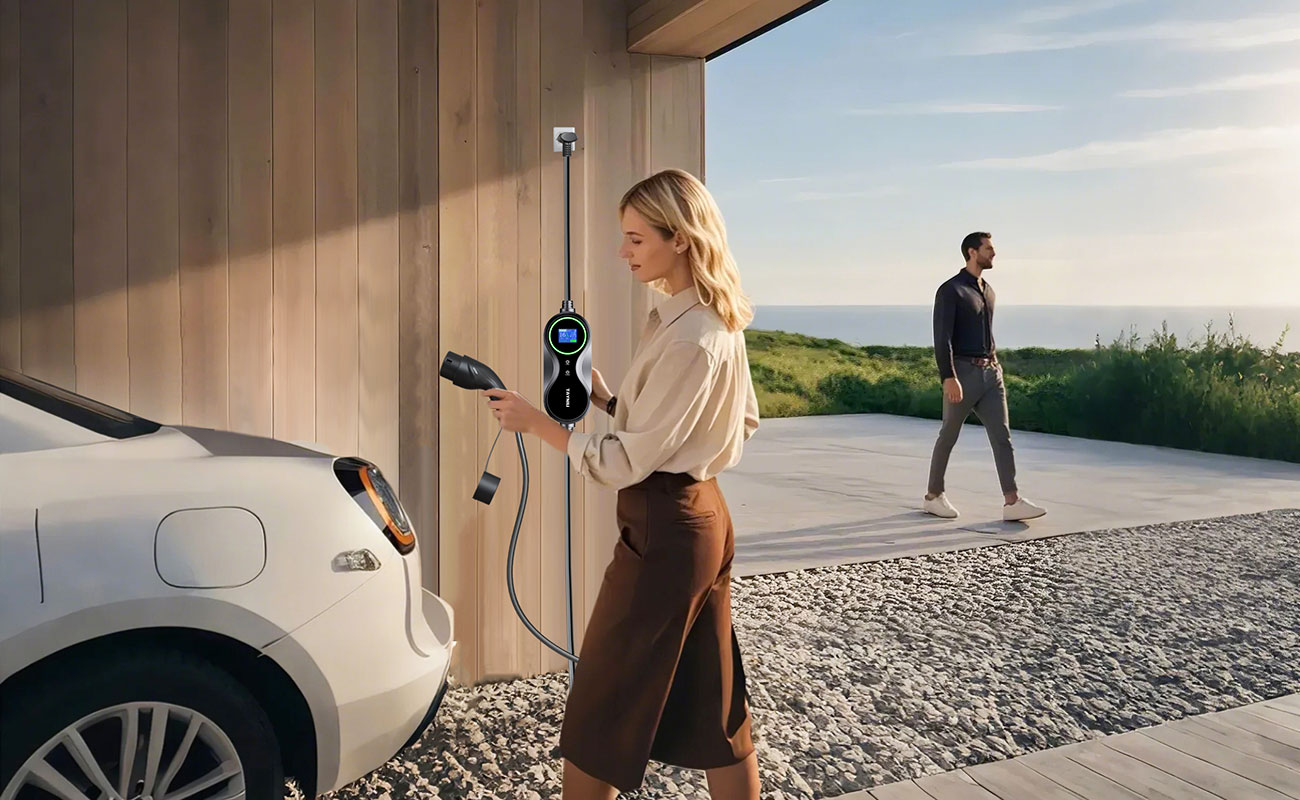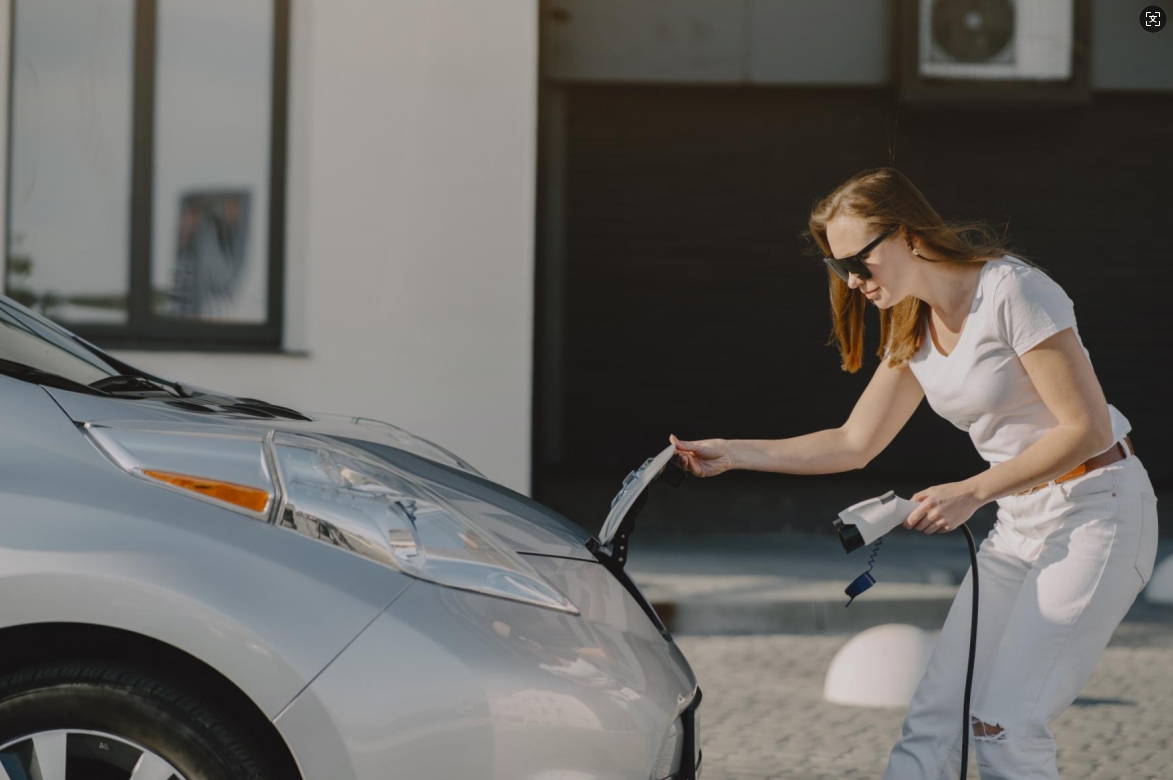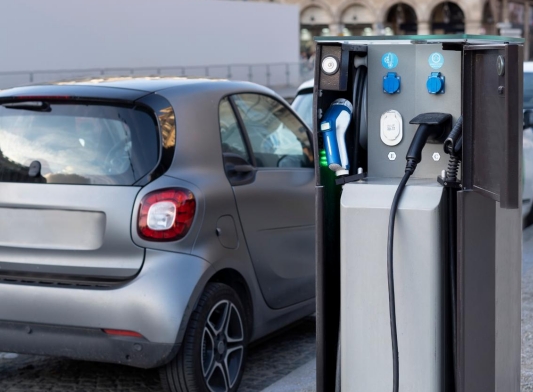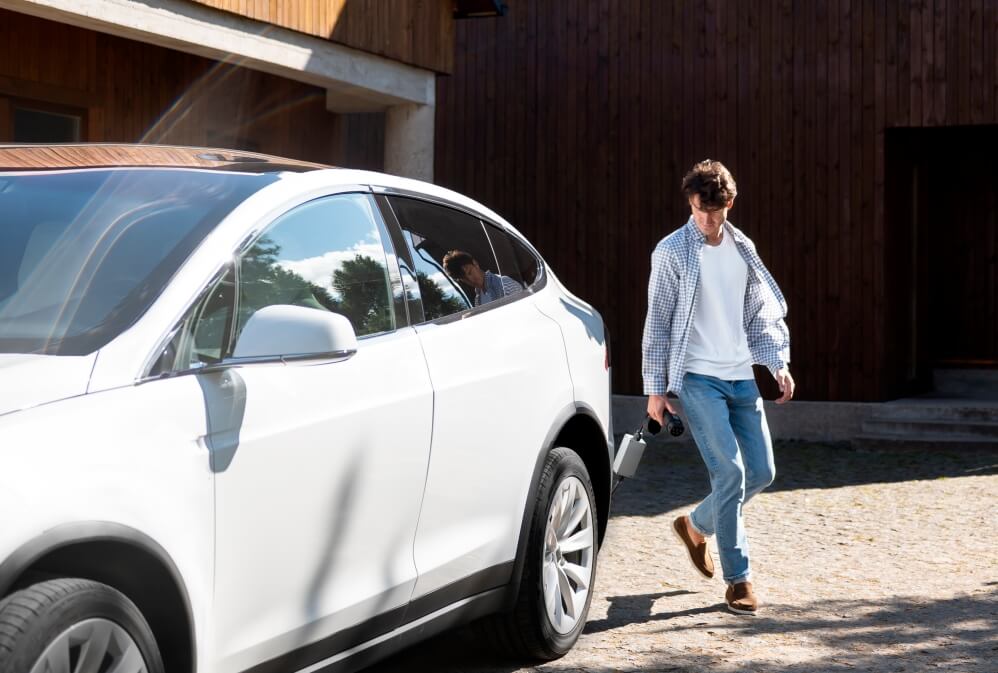How to Choose the Right J1772 Charging Station?
As electric vehicles (EVs) become more popular, finding a reliable and efficient way to charge your car at home or on the go is essential. A J1772 charging station is the ideal solution for many EV owners due to its compatibility with many vehicles. In this article, we’ll walk you through the key features of a J1772 charging station, what to look for, and tips for choosing the best option for your needs.
Understanding the J1772 Standard
Developed by the Society of Automotive Engineers (SAE), the J1772 standard is a Level 1 and Level 2 charging protocol widely used in North America. The standard is compatible with most non-Tesla electric vehicles, making it a great choice for anyone with a hybrid electric vehicle or a pure electric vehicle family. With the J1772 charging station, you can rest assured of reliable, universal charging support for a wide range of electric vehicle models, including the Nissan Leaf, Chevrolet Bolt, and more.
Do you plan to stay with your current electric vehicle, or do you anticipate switching brands in the future? How will this affect your choice of charging station?

Key Features to Look for in a J1772 Charging Station
When choosing a J1772 charging station, it’s essential to understand the critical features that can impact your charging experience.
1. Charging Speed (kW Rating)
One of the most crucial factors in selecting a charging station is its charging speed. J1772 chargers come in two main types:
- Level 1 chargers use a standard 110-120V outlet and deliver about 1.4 kW, making them slower but sufficient for drivers with short daily commutes.
- Level 2 chargers require a 240V connection and deliver between 6.6 to 7.2 kW, significantly reducing charging time. For home use, most J1772 stations are Level 2, offering up to 80% faster charging compared to Level 1.
A Level 2 J1772 charging station will offer greater convenience for overnight or quick top-up charging if you drive long distances daily.
How much time do you typically spend driving each day? Could a faster charging station make a difference in your routine?
2. Power Supply Compatibility
Most home J1772 charging stations require a 240V power source. Before buying, ensure that your home’s electrical system can support this. Older homes may need electrical upgrades, so it’s wise to consult an electrician if you’re unsure. Also, check the station’s amperage requirements—typically 32-40 amps for Level 2 chargers—to ensure your circuit can handle it.
3. Cable Length
Cable length is a practical feature often overlooked. Typical J1772 charging stations come with cables ranging from 16 to 25 feet(approx. 4.8768 m to 7.62 m). If your charging station is farther from where you park, a longer cable is more convenient, allowing flexibility in charging your car.
Do you know exactly where you want to install your charger? Could a longer cable add convenience to your setup?
4. Durability and Weather Resistance
Look for weather resistance ratings for outdoor installation, usually represented by an IP (Ingress Protection) code. A higher IP rating, such as IP65 or IP66, means the station is protected from dust and water. Choose a charging station with a durable aluminum or reinforced plastic casing to withstand extreme temperatures and other outdoor conditions.
Planning to install outdoors? What kind of weather challenges does your area present?
5. Smart Features and Connectivity
Many modern J1772 charging stations offer smart features like Wi-Fi connectivity and app control. These allow you to monitor charging status, schedule charging sessions to take advantage of off-peak electricity rates, and track energy usage over time. While these features can add to the cost, they provide convenience and insights that enhance your charging experience.
Do you enjoy keeping track of your car’s energy use or scheduling charging sessions? Would smart features add value for you?
6. Safety Features
Safety is crucial for high-voltage equipment. Look for J1772 charging stations with built-in protections like surge protection, overheating prevention, and automatic shut-off. These features protect your EV’s battery and offer peace of mind, especially during overnight charging sessions.
Buying Tips for Choosing the Right J1772 Charging Station
With the key features in mind, here are some additional tips to help guide your purchase.
1. Assess Your EV’s Charging Requirements
Every EV model has its own maximum charging capacity. Check your EV’s specifications to avoid paying for a high-powered J1772 charging station your car can’t fully utilize.
Have you checked your vehicle’s charging capacity? Are you getting the most out of your current charger?
2. Evaluate Your Charging Habits
Think about your daily commute and typical driving needs. You may not need the fastest charging speeds if you drive short distances. However, if you regularly drive longer distances, investing in a Level 2 J1772 charging station can save you time and ensure your EV is always ready.
3. Consider Installation Requirements
Consider where and how you’ll install the charging station. Most J1772 charging stations require a dedicated 240V circuit. If you’re uncertain about your home’s electrical setup, consult a licensed electrician who can help assess any necessary upgrades and ensure a safe installation.
4. Compare Costs and Warranties
Price is always a factor, but with EV chargers, quality often aligns with cost. Look for models with strong warranties (typically 3-5 years), which can indicate quality and ensure support if issues arise. While cheaper models may seem tempting, a reliable, durable J1772 charging station is a better investment in the long run.
Are you convinced that a more expensive charger is a better investment, or are you looking for a cost-effective charger? You can enquire to get prices for chargers in Tayniu.
Top J1772 Charging Stations on the Market
1. ChargePoint Home Flex
- Charging Speed: Adjustable up to 50 amps, providing fast Level 2 charging.
- Smart Features: Wi-Fi-enabled with app control for scheduling, energy tracking, and remote monitoring.
- Cable Length: 23 feet, flexible for most home setups.
- Installation: It requires professional installation and supports both hardwired and plug-in setups.
- Best for: Tech-savvy users who want robust smart features and app integration.
2. JuiceBox 40
- Charging Speed: Delivers up to 40 amps, suitable for most EVs.
- Smart Features: Wi-Fi connectivity with an app for scheduling, energy management, and Alexa compatibility.
- Cable Length: 25 feet, ideal for multiple parking arrangements.
- Durability: IP66-rated, making it highly weather-resistant for outdoor use.
- Best for: Users looking for a balance of smart features and rugged durability for outdoor installation.
3. Bosch Level 2 EV Charger (Power Max 2)
- Charging Speed: Available in both 16A and 30A versions, with straightforward plug-and-charge functionality.
- Cable Length: Comes with a 16-foot cable, compact for smaller garages.
- Durability: Durable design with minimal weatherproofing; best suited for indoor installations.
- Best for: Those looking for a simple, reliable, no-frills indoor charger without app-based features.
4. Grizzl-E Classic
- Charging Speed: Adjustable up to 40 amps, providing flexible charging speeds.
- Durability: Built for extreme weather, with a rugged metal casing and IP67 rating.
- Smart Features: No built-in Wi-Fi or app control, but designed for reliability and longevity.
- Cable Length: 24 feet, allowing for easy access in varied setups.
- Best for Users prioritizing durability and reliability over smart features, especially for outdoor installations in harsh climates.
5. Tayniu Infinity Series
-
Maximum Charging Power: The Infinity series supports up to 9.6 kW, allowing for fast Level 2 charging, comparable to top models like the ChargePoint Home Flex or JuiceBox 40.
-
Cable Length: With a 7.62-meter (25-foot) cable, the Infinity provides one of the longest cables available, ideal for users with flexible parking needs or larger garages.
-
Weather Resistance: Boasting an IP66 rating, it offers strong protection against dust and water, making it well-suited for outdoor installations—even in harsh conditions, similar to rugged models like the Grizzl-E Classic.
-
Smart Charging and Adjustable Current: The Tayniu Infinity offers scheduling and current adjustments up to 40 amps, giving users control over charging times and power levels, a feature commonly found in high-end models.
-
Ease of Use: Unlike many charging stations that require installation, the Infinity series is plug-and-play, ideal for those seeking a simple, no-installation setup.
Conclusion
Selecting the right J1772 charging station means understanding both technical specs and your unique charging needs. By focusing on key features like charging speed, power compatibility, and durability, you can find a J1772 charging station that fits seamlessly into your lifestyle. Take the time to evaluate your vehicle’s requirements and charging habits, and you’ll be well on your way to making a rewarding investment in EV charging.
What are the top factors influencing your choice? Are there any features you can’t do without? Join the conversation and share your experiences with other EV owners!
Last Updated on November 6, 2024 by tayniu



